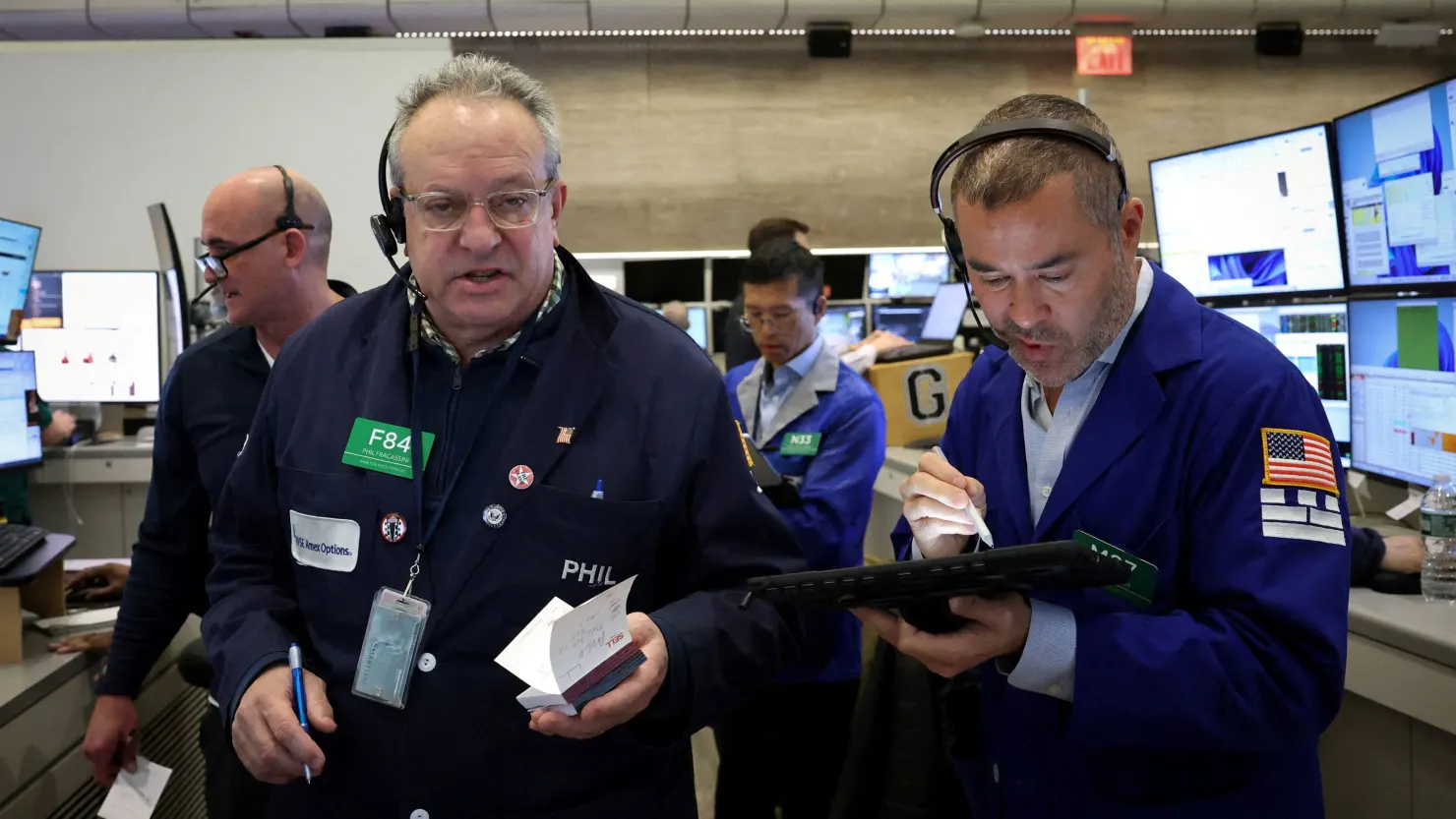Asia-Pacific Markets Decline as Investors Weigh US-China Trade Truce and Economic Signals

Most Asia-Pacific markets retreated on Thursday, diverging from Wall Street’s recent gains as investors evaluated the evolving US-China trade relationship and broader macroeconomic indicators.
Japan’s Nikkei 225 fell 0.98% to 37,755.51, while the broader Topix index slipped 0.88% to 2,738.96. South Korea’s Kospi dropped 0.73%, closing at 2,621.36, and the tech-heavy Kosdaq fell 0.79% to 733.23. Meanwhile, Hong Kong’s Hang Seng Index declined 0.82%, and mainland China’s CSI 300 slid 0.87%. India’s Nifty 50 posted a smaller loss of 0.16%.
Australia’s S&P/ASX 200 defied the regional trend, rising 0.22% to close at 8,297.5. The gains followed stronger-than-expected domestic employment data, which showed a net increase of 89,000 jobs in April—significantly above economists’ estimates.
The declines across Asia came despite a modest rally on Wall Street earlier in the week, fueled in part by a temporary easing in US-China trade tensions. The two countries agreed to suspend recent tariffs for 90 days, offering a reprieve from their long-running trade dispute. Despite this, analysts caution that uncertainty remains high.
“While markets have largely priced in peak tariff-related macro stress, we remain wary of a second wave of volatility, this time driven by fiscal policy uncertainty and weakening US hard data,” analysts at Citi noted.
In the US, the S&P 500 rose 0.10% to 5,892.58 on Wednesday, notching its third consecutive day of gains. The Nasdaq Composite gained 0.72% to finish at 19,146.81, while the Dow Jones Industrial Average edged down 0.21%.
Some investors see rising long-term US bond yields as a more pressing risk to equities than tariffs. Barclays’ global research chair, Ajay Rajadhyaksha, warned that fiscal expansion in the US—including proposed tax cuts—could push the 10-year yield toward 5%, posing a serious challenge for markets.
Back in Asia, Chinese equities remained volatile even after the tariff truce. Vivian Thurston, a portfolio manager at William Blair, noted that while tariffs on Chinese exports have been reduced from a peak of 145% to 30%, the levels are still high and continue to weigh on investor sentiment. China’s CSI 300 index fell 0.6% in choppy trading on Thursday.
Elsewhere, Mukesh Ambani’s Reliance Industries secured a $2.98 billion-equivalent offshore loan, the largest Indian deal of its kind in over a year. Shares of Reliance rose 0.6% following the news.
Currency markets were mixed. The Japanese yen strengthened to 146.12 per dollar, while the Australian dollar rallied on the upbeat labor market report. The offshore yuan held steady at 7.2099 per dollar.
In commodities, oil prices fell for a second day, with West Texas Intermediate crude down 2.6% to $61.52 per barrel amid rising US inventory levels. Spot gold slipped 1.2% to $3,137.97 an ounce after a sharp drop in the previous session.









The latest news in your social feeds
Subscribe to our social media platforms to stay tuned